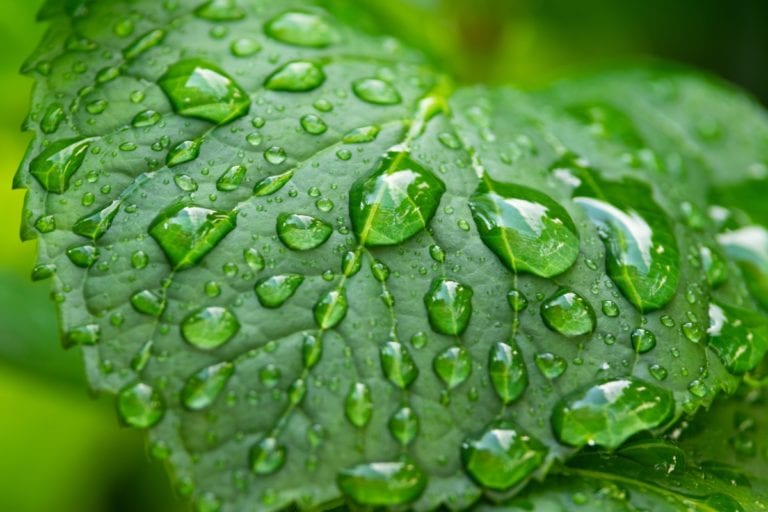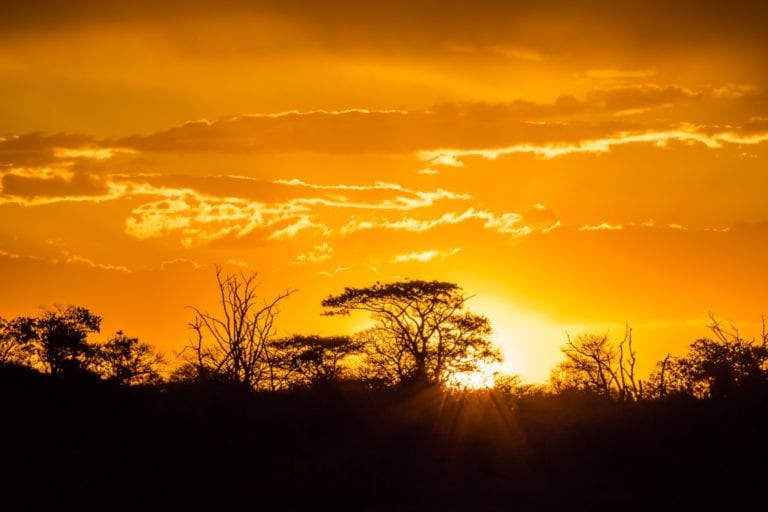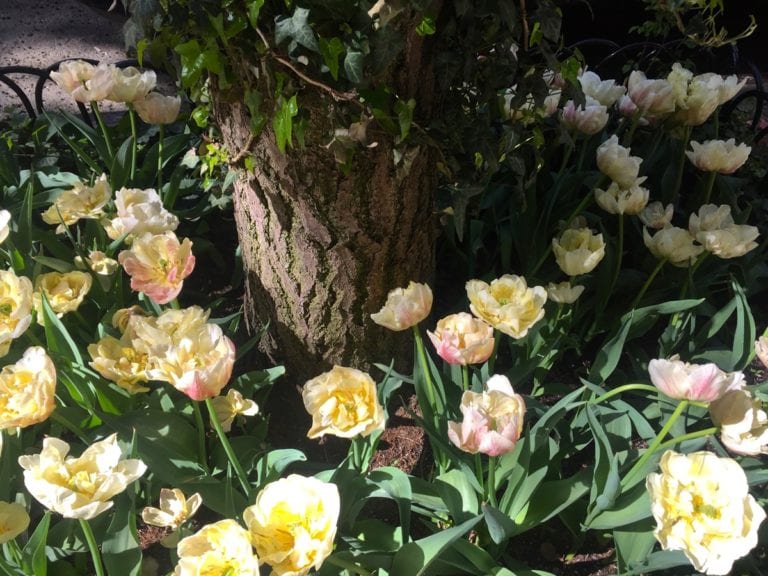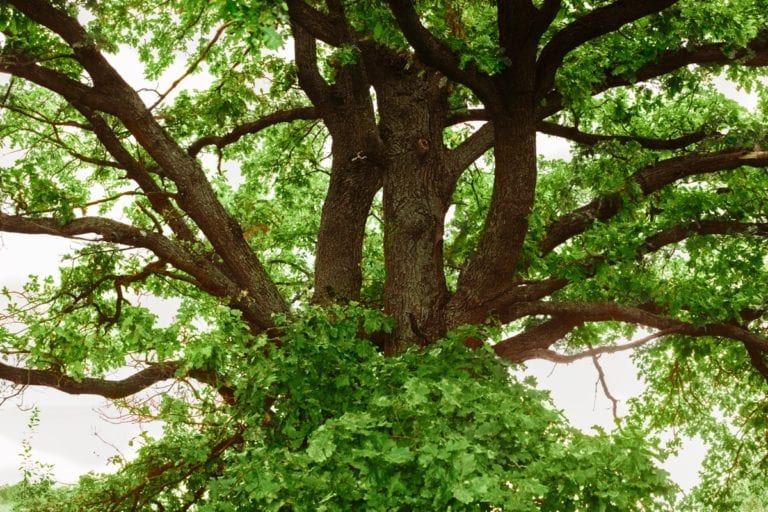May 2018 Audio Meditation
Here’s the YouTube version of the audio meditation with images:
Meditations, experiments, books and guided meditations to assist with nourishing spirituality, healing childhood wounds, and living more consciously.
Meditations, experiments, books and guided meditations to assist with nourishing spirituality, healing childhood wounds, and living more consciously.

Here’s the YouTube version of the audio meditation with images:
Walking across Central Park one morning, I watched a dog wiggle and waggle in anticipation of chasing a ball. His attention was absolutely fixed on the ball in his human companion’s hand. Nothing else mattered. Nothing else registered as the ball was finally in the air and he ran after it with great enthusiasm. This got me to thinking about how powerfully the focus of our attention affects what we perceive and how we engage the world. Read More “Week 628: Where Do You Place Your Attention?”

I’ve written a number of times about themes such as gratitude and kindness, qualities that are deeply needed in our personal and collective lives at this time. For this week’s practice, I want to share some thoughts about the practice of blessing as a form of subtle activism.
For many of us, there may be times when we feel overwhelmed by all the negativity, anger, incivility, and harm unfolding all around us, seemingly everywhere on the planet. For some of us, various forms of subtle activism represent something we can do to contribute even as we attend to our everyday responsibilities and activities. Many people turn to prayer as a form of subtle activism, while others come together in groups to practice with healing images offered to individuals, groups, non-human lifeforms, and the planet as a whole.
One of the things I have found very helpful has been to engage in an active practice of offering blessings—usually silently—as I move through my daily activities. For example, I bless my home as I come and go from it, I bless my office when I come in the morning and before I leave in the evening. Along with these blessings, I express gratitude and this has been a habit over many years now.
Read More “772nd Week: Practicing the Art of Blessing”
There is no question that we live in a time of intense crisis and disruption. I think of the indigenous prophecies I have heard about this time and the one that constantly comes to mind is about how we are in the darkest time of a “dark age”. I don’t remember where I heard it, but it may be a Hopi prophecy or from some other indigenous nation and, when I heard it, it struck me that being at the apex of a “dark age” implies that there will eventually be a swing into a new cycle.
At this moment in time, and this possibly feels more extreme because we are globally connected via the Internet and are much more aware of what’s happening in other places on our planet, it seems that fear has become an even stronger driving force behind much human interaction and activity. It’s not the whole picture by any means, but it seems to be what is in the foreground of awareness much of the time. Read More “712th Week: Meeting Fear with Your Heart”

For this week’s experiment in conscious living, I draw from my book, Sacred Practices for Conscious Living, 2nd Edition, from the chapter on “Compassion and Lovingkindness: Living with An Open Heart”. Here’s a quotation from that chapter:
“For many people, the process of awakening to a greater sense of compassion initially feels overwhelming. A question many ask is, “What can I, one person, do in the face of so much suffering?” The answer is, perhaps surprisingly, quite a lot… Read More “672nd Week: Nurturing Compassion”

As a general practice, I spend time each morning looking at videos, interviews, and professional talks that support a positive sense of connection and wholeness. Beginning each day orients me to a perspective and sense of being that colors my day with a quality that nourishes my body and soul. During one of these forays into cyberspace, I ran across an article, which touched me with its emphasis on a more mystical sense of our world.
The author, Michael Edwards, says the following: “…spirituality can give us an actual experience of the unity of all things. This experience, when nurtured as a constant practice, roots quality-consciousness, non-discrimination, non-violence and reverence for all people and the earth deep into our core.” Read More “706th Week: Living With “Wide Open Eyes”
Walking across Central Park one morning, I noticed the tee shirt of a man walking in front of me. The back of it said, “Imagine a world without cancer.” As I looked at it, the words, “Imagine a world without fear” drifted into my mind and stayed with me all the way across the park. I began to imagine Read More “Week 630: Imagine A World Without Fear”